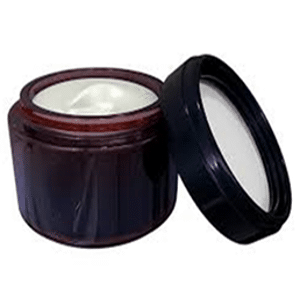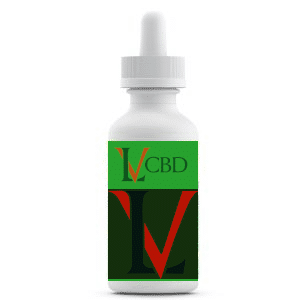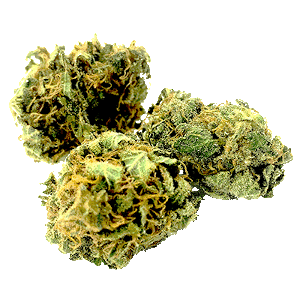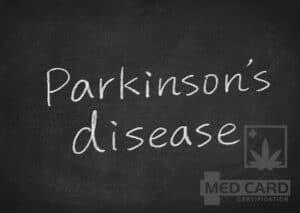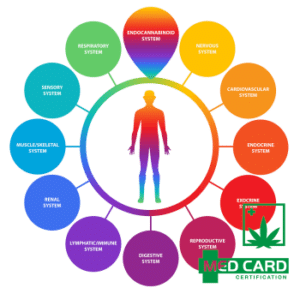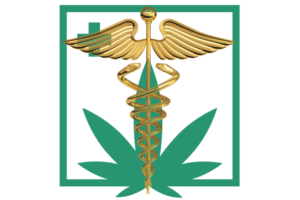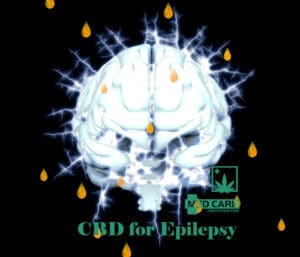The potency of CBD as an antibiotic is measured by its MIC, or minimum inhibitory concentration which is the lowest concentration of the substance in blood that is necessary to completely stop bacterial growth, but not necessarily cause complete death. Of course, the immune system can handle the rest once the rapid growth of bacteria is stopped. Scientists have also asserted that the MIC of vancomycin for MRSA is between 1 and 5 micrograms per milliliter of blood and incidentally, it is exactly the same rate for CBD.
Antibiotics, also known as antibacterials are medications that help in slowing down the growth or destroying bacteria. They include a range of powerful drugs that are used in the treatment of diseases caused by bacteria. Normally, the immune system attacks and kills bacteria before they eventually multiply and result in symptoms.
The white blood cells of the body typically attack these bacteria and even if symptoms occur, the immune system is still capable of coping and fighting off infections. However, in some circumstances, the number of harmful bacteria becomes excessive, thereby making it impossible for the immune system to fight them all. This is where antibiotics come in.
Antibiotics cannot fight viral infections such as cold, flu as well as cough. Penicillin has been reported to be the first natural antibiotic, which was created as far back as in 1928. Of course, there are currently many different types of antibiotics, which are often available upon prescription, even though topical antibiotics are available in over-the-counter (OTC) creams and ointments.
Antibiotics are reported to work in two major ways. A bactericidal antibiotic, such as penicillin, kills bacteria, whereas a bacteriostatic stops bacteria from multiplying. Also, some antibiotics attack aerobic bacteria, while others work against anaerobic bacteria (aerobic bacteria need oxygen and anaerobic bacteria do not). In some cases, antibiotics may be administered to prevent an infection, especially during surgery.
Antibiotics must not be overused because if this happens, the bacteria may become more resistant. The use of antibiotics is also associated with side effects such as diarrhea, nausea, vomiting, upset stomach, skin rash, etc. The prolonged use of certain antibiotics could also result in fungal infections of the mouth, digestive tract, and vagina. For antibiotics to work effectively, an individual needs to complete the dose, even after the symptoms go away.
Scientists have reported that CBD, one of the major compounds found in medical cannabis has strong antibiotic properties. In 2008, a group of Italian and British researchers combined conducted a story that could ultimately change history. During this study, the researchers tested five different kinds of cannabidiol including CBD against six different strains of ‘superbug’ MRSA. The results from this study revealed that all the cannabidiols, CBD inclusive showed potent activity against the various bacteria strains.
Another major study that investigated the antibiotic properties of CBD was conducted as far back as in 1976. This study focused on the non-psychoactive compounds such as CBD, and concluded that the cannabis sativa plant is an interesting source of antibacterial agents to address the problem of multidrug resistance in MRSA and other pathogenic bacteria.
Sources:
How To Get CBD (Cannabidiol) Products
If you are interested in trying CBD to treat medical conditions, for general wellness, or for your pets, checkout CBDbay.app.


